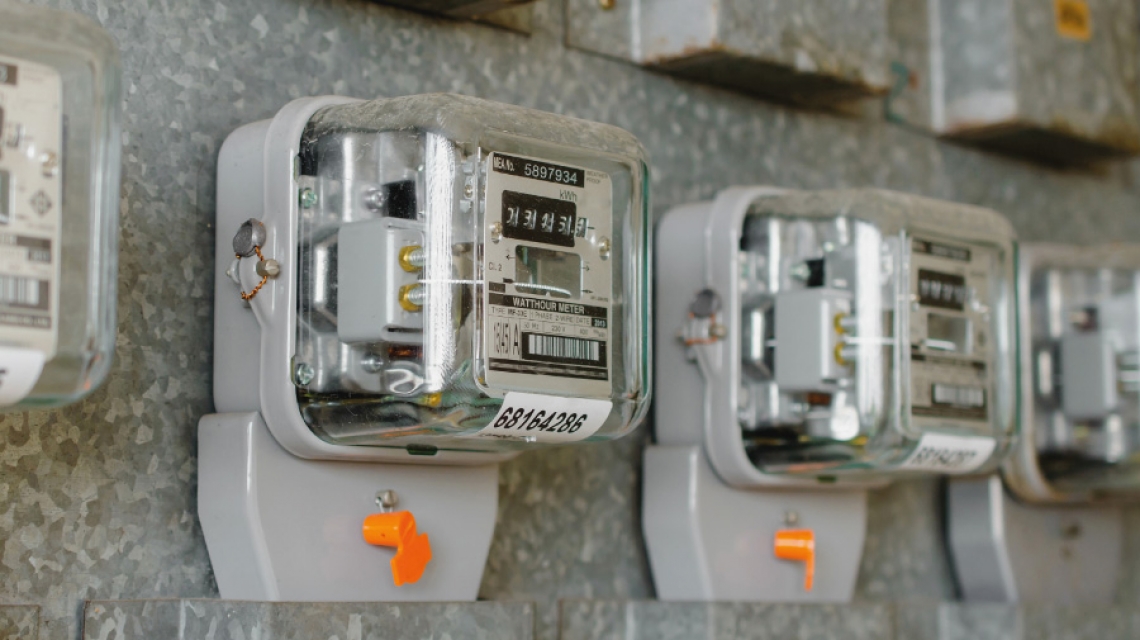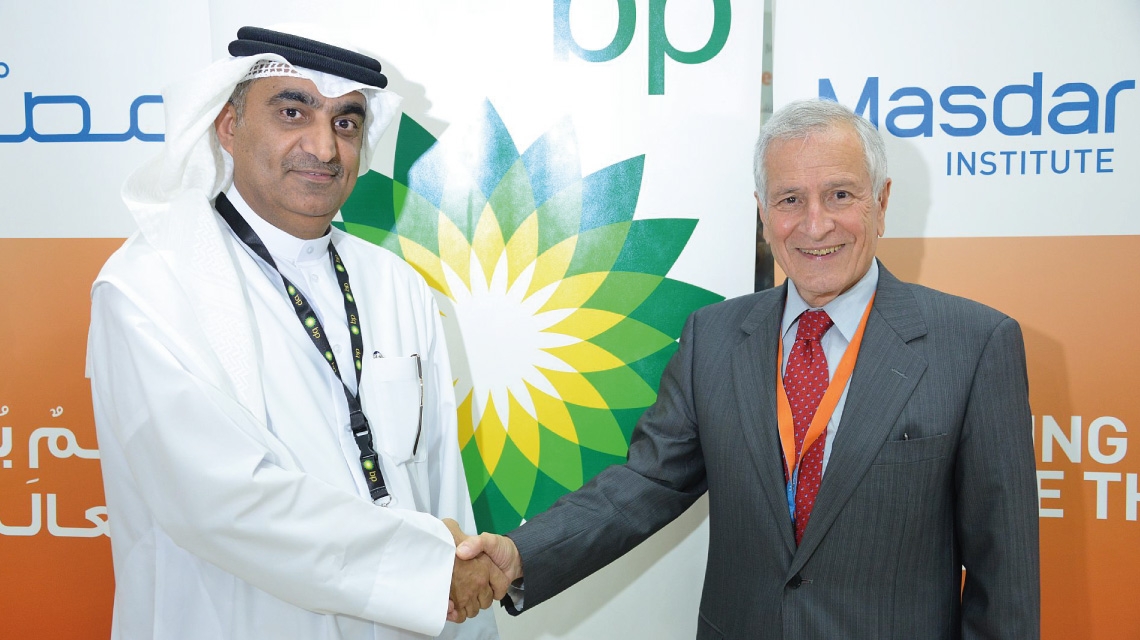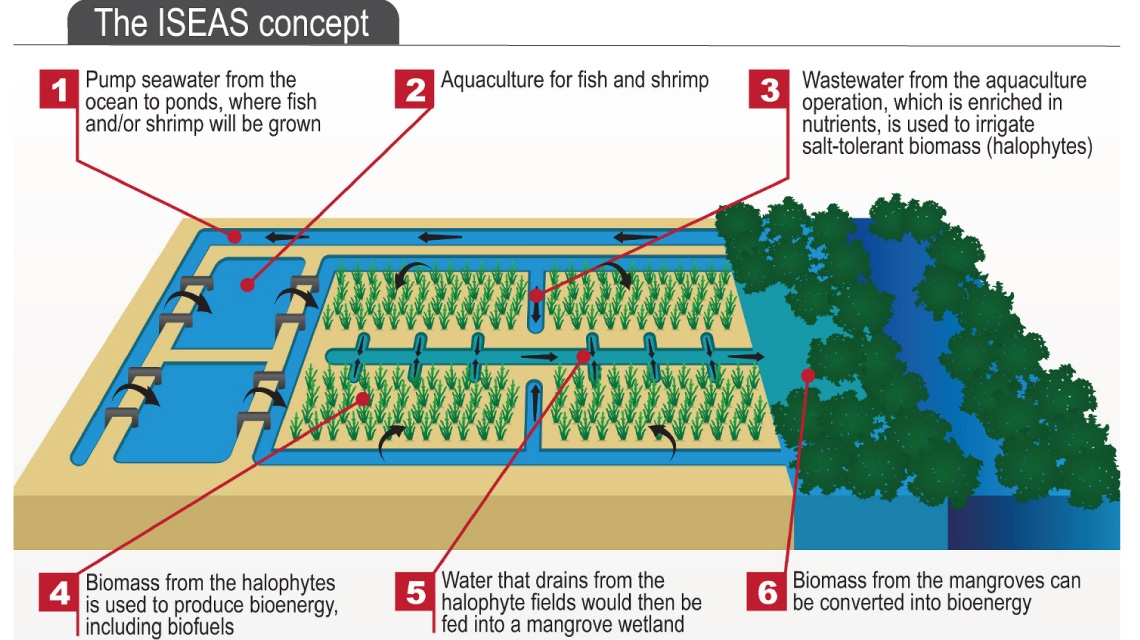
As smart electric meters are rolled out across the globe to improve power grid reliability and energy efficiency, an important feature of the smart meter is being explored by Masdar Institute researchers: security.
Smart electric meters measure and record electricity usage at hourly intervals and send that data to both the utility and consumer at least once daily, helping them track and analyze energy consumption to achieve greater energy conservation. Smart meters also play an extremely important role in integrating electricity generated by renewable energy sources, like the sun, into national power grids by managing renewables’ intermittent supply on a decentralized distribution network.
As more and more countries increase their share of clean electricity following from the pledges made recently in Paris during the United Nations Climate Change Conference (COP21), smart meters will become essential, underscoring the need for reliable and secure smart metering systems that are resilient against security threats.
“Smart meters will bring significant benefits to the utility companies that provide electricity, the customers that use them and the governments that employ them, but if not safeguarded properly, the data delivered back and forth through smart metering systems could potentially be accessed by the wrong people and misused,” explained Dr. Zeyar Aung, Associate Professor of Electrical Engineering and Computer Science at Masdar Institute. He was part of a team of researchers studying how to improve the security of smart meters with a technology known as machine learning. Their results were recently published in the IEEE Systems Journal.
Dr. Aung tackled this security issue by programing a smart meter with data mining and machine learning algorithms, which allow it to detect an intruder, or any abnormal activity that might indicate someone is trying to access the data illegally.
The algorithms are designed to analyze network traffic on the smart meters and predict whether the traffic is normal or abnormal.
“Once an attack is detected, the smart meter can do two things; either we can program it to automatically shut down the connection or we can program it to notify the network administrator about the event,” Dr. Aung said. Either method will help reduce the incidence of intrusion into consumer’s smart meters.
Programming these smart meters to be smart enough to detect intruders is not as easy as it seems. The challenge lies in smart meters’ severely limited internal computing resources and capabilities.
“Smart meters are less powerful than our smart phones,” said Dr. Aung. “They are equipped with very slow processors and a small amount of memory, so we had to design algorithms that can perform data analysis with these very limited resources.”
Dr. Aung’s intrusion detection system has outperformed several other smart meter security systems in terms of detection rate, which serves to demonstrate Masdar Institute’s strong research capabilities in the critical and evolving research areas of machine learning and data mining. Research in these areas is helping to solve increasingly complex problems with applications in energy management, environmental forecasting, and several other sectors that involve incredibly large data sets.
As smart meters gradually replace older, conventional electric meters around the world – in the UK, all homes are expected to have smart meters by 2019, and an estimated 65 million smart meters are currently installed in the United States – the smart meters market is expected to reach US$18.2 billion by 2019, according to a report by MarketsandMarkets. Smart meter installations in the UAE are also increasing, with 120,000 smart meters currently linked to the national power network and Dubai planning to have one million smart meters deployed by 2020.
Masdar Institute’s research in information science with applications to secure smart metering could prove to be a valuable resource for the UAE’s emerging knowledge economy. The work gives the country a significant understanding and capability in the advanced aspects of smart meter operation and contributes to the UAE’s excellence in sustainability and valuable high-tech markets.
Erica Solomon
News and Features Writer
07 January 2016






